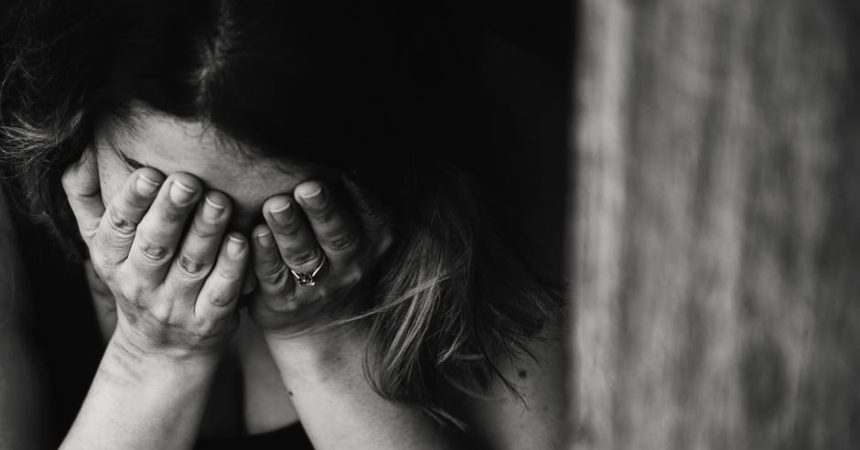Malta has been asked, again, to step up its fight against human trafficking, including ensuring that cases are investigated proactively and thoroughly, resulting in sanctions that serve to dissuade potential traffickers.
GRETA, the Council of Europe’s expert group, said that while Malta has continued to develop legislative and policy frameworks against the phenomenon, Malta remains a country of destination for trafficked persons. According to the GRETA report, published on 10 November, 44 people were formally identified as victims of trafficking.
“GRETA considers that the Maltese authorities should take further steps to ensure that presumed and formally identified victims of trafficking are proactively given information regarding their rights, including by developing a specific leaflet and making it available in the languages of the main countries of origin of victims,” the report reads.
It notes that the third evaluation round focuses on victims’ access to justice, effective remedies, and procedural obligations.
GRETA said the current method of providing legal aid to victims is not sufficient, and they should “strengthen their efforts to ensure that victims of trafficking receive legal assistance and free legal aid at an early stage.”
It was also recommended that the government strengthen access to the labour market for victims of trafficking and better facilitate their economic and social inclusion.
Concerningly, despite the possibilities provided for in Maltese law, not one single victim of trafficking has ever been granted compensation. GRETA urged the authorities to make efforts to guarantee access to compensation.
Between 2017 and 2020, just 16 investigations into trafficking were conducted, and only five judgements were issued – mainly acquittals. GRETA stressed that “failure to convict traffickers and the absence of effective, proportionate and dissuasive sanctions undermines efforts to combat human trafficking and guarantee victims’ access to justice.”
The body added that the length of proceedings was too long and negatively impacted victims who risk being repeatedly exposed to their perpetrators.
“GRETA urges the Maltese authorities to take measures to ensure that human trafficking cases are investigated proactively and lead to effective, proportionate, and dissuasive sanctions. Regular training on human trafficking should be provided to judges, members of the Attorney General’s office and police officers,” the report added.
The report comes after a visit to Malta in September last year, where the delegation met with disgraced ex-minister Rosianne Cutajar. In March 2021, the report was submitted to the Maltese authorities for their comment, and the final draft was published and adopted in July 2021.
Following on from a 2017 round two evaluation, while some progress has been made, there is a lot of room for improvement. Authorities should work with law enforcement to increase outreach work to identify victims, especially in domestic work, massage parlours, and adult entertainment. It is also essential to ensure there is adequate training and resources and monitoring of private companies’ recruitment chain.
Training should also be extended to customs, asylum, migration, social, and medical staff working in contact with migrants to ensure they know how to spot and handle such cases.
Malta has long been criticised for its lacklustre efforts to tackle human trafficking. The 2018 US State Department report noted zero trafficking convictions since 2013, despite the presence of such activity in the country. It also noted the slow pace of court proceedings and the need to “vigorously and expeditiously investigate and prosecute trafficking offences, and pursue adequate sentencing for 294 convicted trafficking offenders”.
The 2018 recommendations called for identifying victims amongst migrants, providing training for law enforcement, ensuring prosecutions, and being proactive with investigations.
Subsequent State Department reports, including that of 2021, noted that “Malta does not fully meet the minimum standards for the elimination of trafficking, but is making significant efforts to do so. Furthermore, the recommendations are almost the same as those made in 2018 and from GRETA, suggesting very little has improved in the last three years”.
“Meanwhile, massage parlours staffed with foreign women continue to operate throughout the country. In 2019, a coalition of 20 local NGOs said that these establishments and the government’s 2016 decision to withdraw licensing requirements “raise concerns about the possible danger of trafficking and modern slavery.”
A 2018 investigation by The Shift revealed that many of these ‘massage parlours’ were brothels selling sex with foreign women. Furthermore, individuals charged with trafficking and forced prostitution were openly advertising such establishments.












